182605
Poly(9-vinylcarbazole)
average Mw ~1,100,000, powder
Synonyme(s) :
PVK
About This Item
Produits recommandés
Forme
powder
Niveau de qualité
Poids mol.
average Mw ~1,100,000
Indice de réfraction
n20/D 1.683
Température de transition
Tg 220 °C
Densité
1.2 g/mL at 25 °C (lit.)
Énergie orbitale
HOMO 5.8 eV
LUMO 2.2 eV
Performance des dispositifs OLED
ITO/PEDOT:PSS/PVK/PFO:Ir(btpy)3 (5 wt%)/Ca
ITO/PEDOT:PSS/PVK:FIr6 (10 wt%)/TPBI/CsF:Al
ITO/PEDOT:PSS/PVK:Ir(mppy)2 (6 wt%)/Bphen/LiF:Al
Chaîne SMILES
[n]1(c2c(c3c1cccc3)cccc2)C=C
InChI
1S/C14H11N/c1-2-15-13-9-5-3-7-11(13)12-8-4-6-10-14(12)15/h2-10H,1H2
Clé InChI
KKFHAJHLJHVUDM-UHFFFAOYSA-N
Vous recherchez des produits similaires ? Visite Guide de comparaison des produits
Catégories apparentées
Description générale
Application
Code de la classe de stockage
11 - Combustible Solids
Classe de danger pour l'eau (WGK)
WGK 3
Point d'éclair (°F)
Not applicable
Point d'éclair (°C)
Not applicable
Faites votre choix parmi les versions les plus récentes :
Déjà en possession de ce produit ?
Retrouvez la documentation relative aux produits que vous avez récemment achetés dans la Bibliothèque de documents.
Articles
Light-Emitting Polymers
Global Trade Item Number
| Référence | GTIN |
|---|---|
| 182605-10G | |
| 182605-25G | 4061838755889 |
| 182605-5G | 4061838755896 |
Notre équipe de scientifiques dispose d'une expérience dans tous les secteurs de la recherche, notamment en sciences de la vie, science des matériaux, synthèse chimique, chromatographie, analyse et dans de nombreux autres domaines..
Contacter notre Service technique
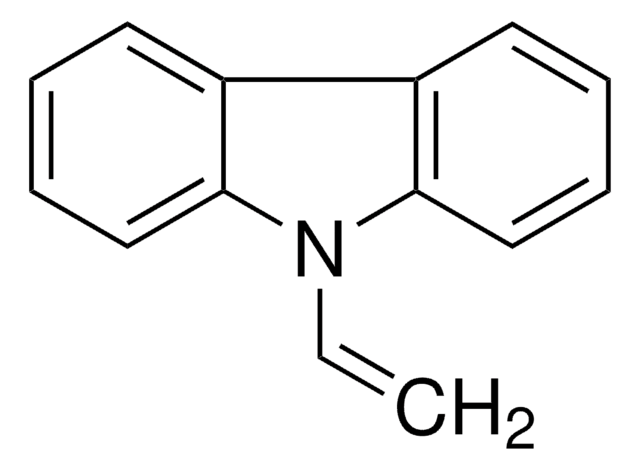
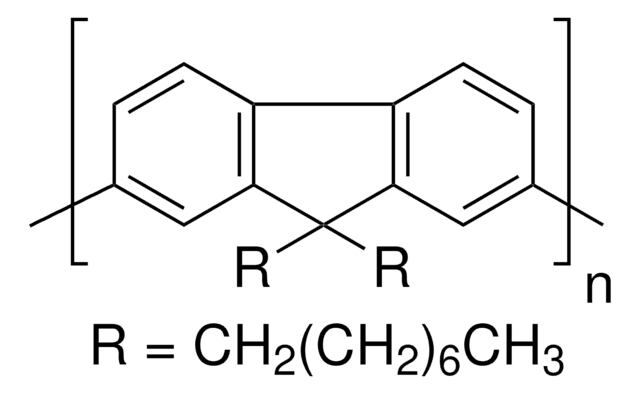


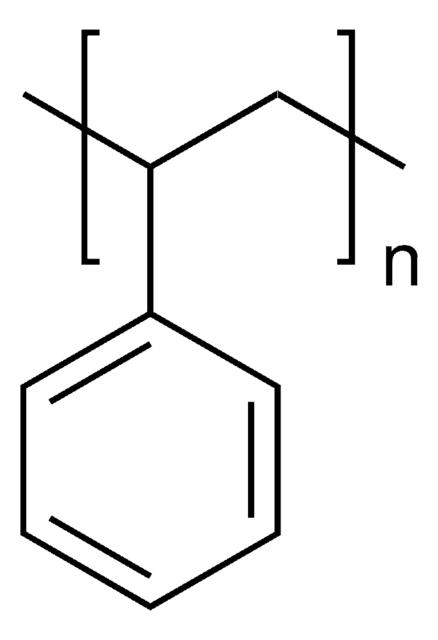
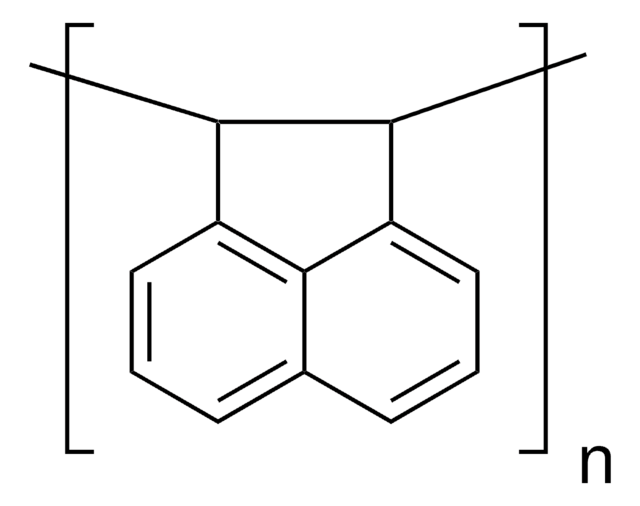
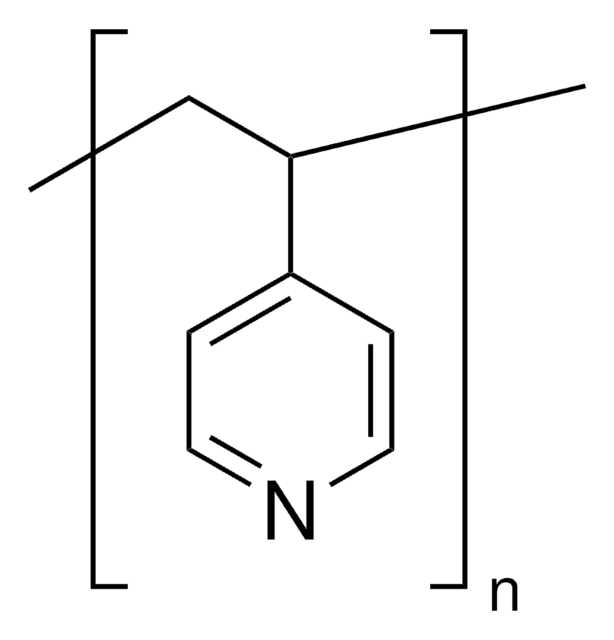
![Poly[2-methoxy-5-(2-ethylhexyloxy)-1,4-phenylenevinylene] average Mn 40,000-70,000](/deepweb/assets/sigmaaldrich/product/structures/344/488/b8f8179d-3970-4deb-a754-adda88cdb36f/640/b8f8179d-3970-4deb-a754-adda88cdb36f.png)